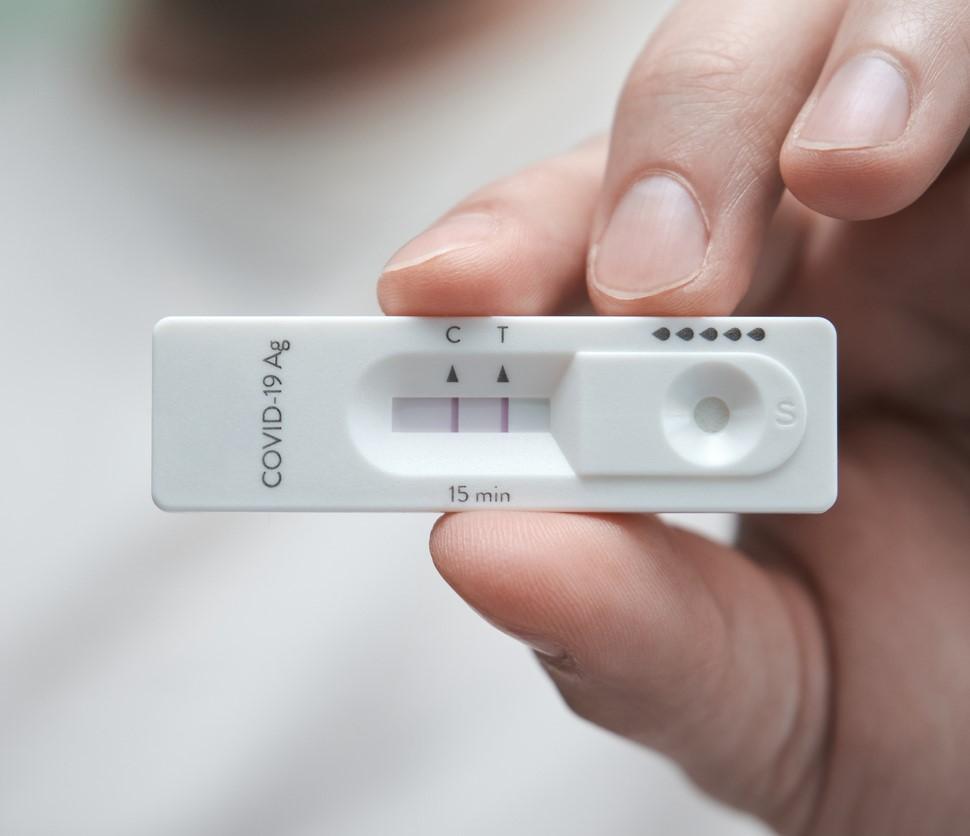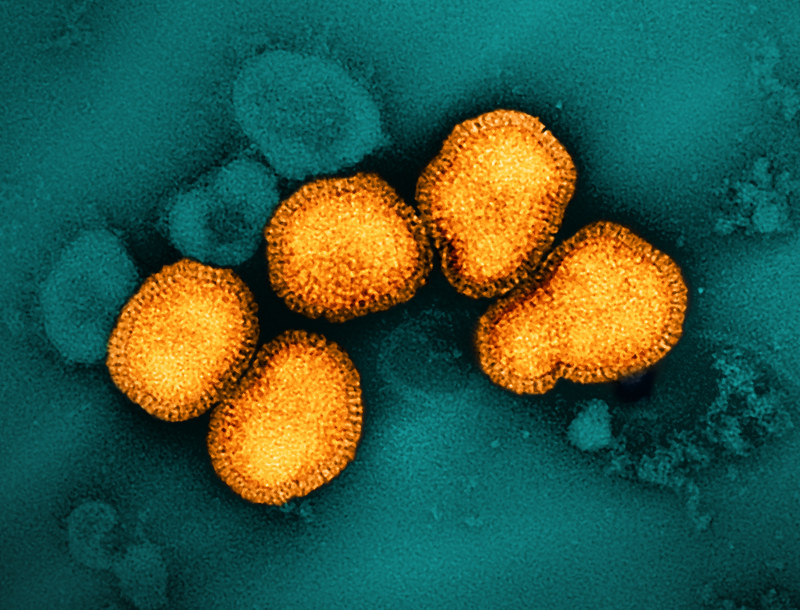Some countries in the Southern Hemisphere, currently in their summer season, are experiencing higher-than-expected levels of respiratory disease activity for this time of year due to COVID-19, the Pan American Health Organization (PAHO) said yesterday in an epidemiologic update.

Activity has been rising since August in many Americas subregions, including the North American, Andean, Brazilian, and Southern Cone, PAHO said. In North America, elevated levels of COVID, flu, and respiratory syncytial virus (RSV) levels continue.
Meanwhile, in the Andean region, COVID levels are moderate, with levels rising over the past 4 weeks. Bolivia and Ecuador are reporting high activity. In the Southern Cone, COVID activity has ranged from medium to very high over the past 4 weeks, with Chile reporting very high activity, Brazil with high activity, Argentina at the intermediate level, and Paraguay at the moderate level.
Flu also increasing
PAHO also noted that flu has slightly increased from a low level in the Andean subregion and had remained at the epidemic level in Ecuador. In the Southern Cone, Chile has experienced flu above the threshold level over the past 4 weeks.
PAHO urged countries in the region to strengthen their respiratory virus surveillance and prepare healthcare systems for possible rises in inpatient visits and hospitalizations.
The alert comes amid expanding dominance of the JN.1 Omicron SARS-CoV-2 variant, which is thought to partially evade immunity from earlier infection, vaccination, or both. And though there's no evidence that JN.1 infections are more severe, some experts have warned that a surge in cases could put pressure on health systems.


.jpg)












